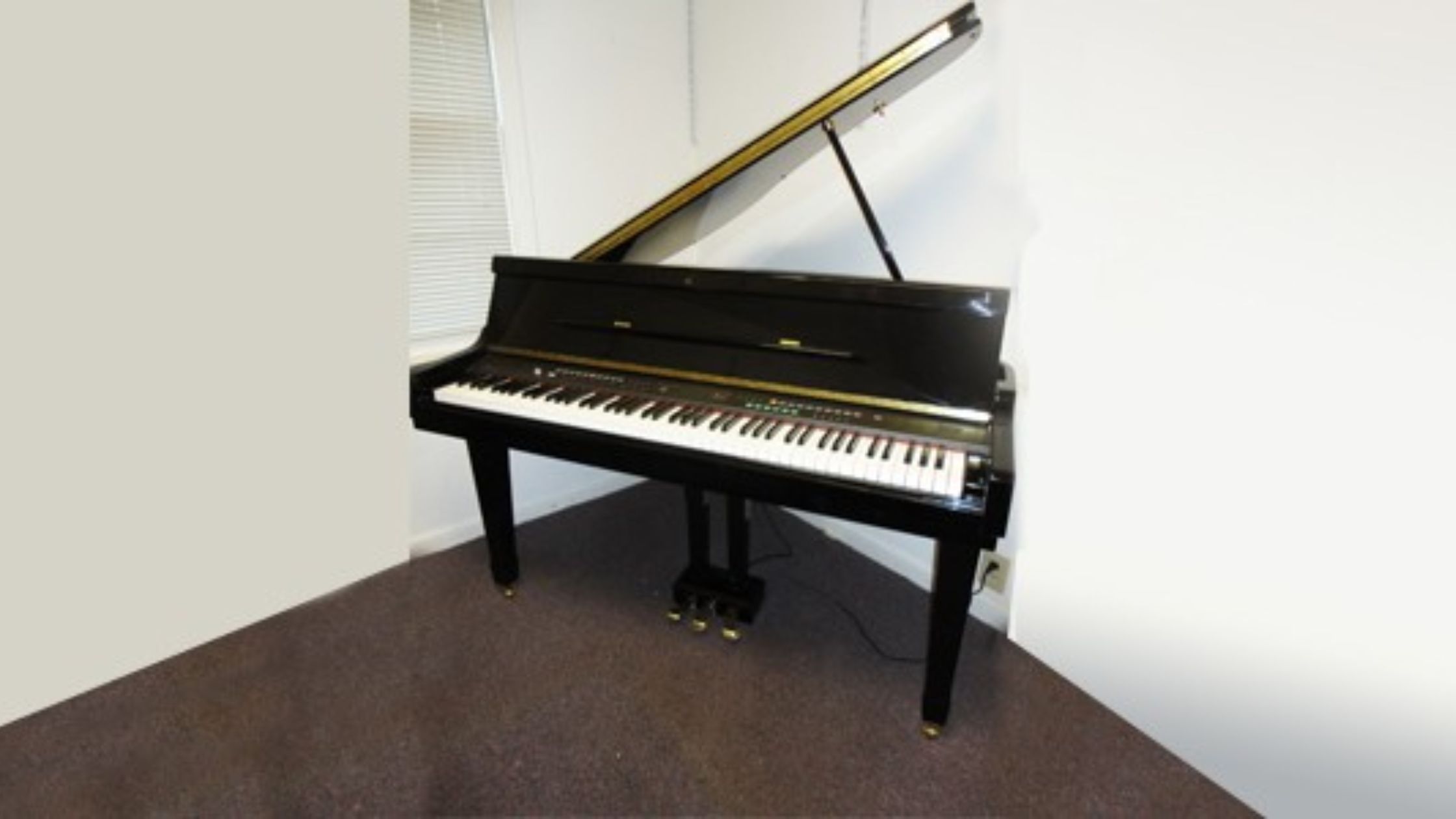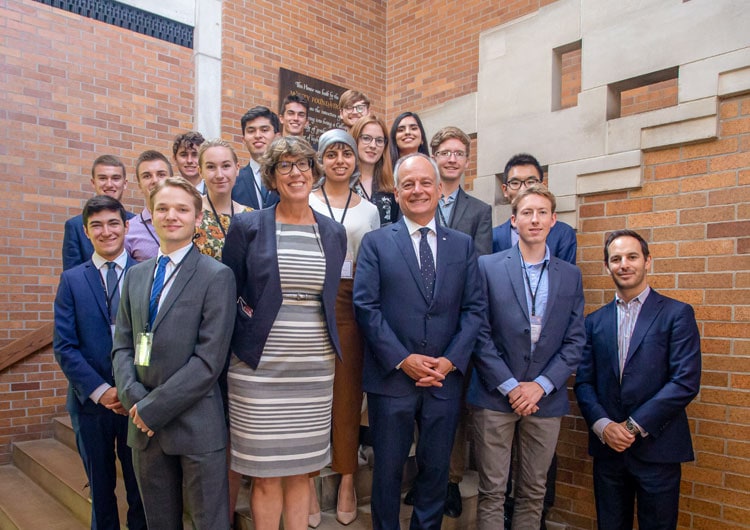
A piano is more than just an instrument. It is a piece of art, a source of emotion, and often a cherished family heirloom. However, with time, even the most elegant pianos lose their sparkle and sound quality. That is when Piano Restoration becomes essential. In Georgia and beyond, countless piano owners discover that restoring their instrument not only revives its beauty and tone but also prevents costly damage in the long run. Understanding when your piano needs restoration can save you thousands of dollars while preserving its sentimental and musical value.
Below are eight signs that your piano may be in need of restoration, along with the reasons why addressing these issues early can be a wise financial decision.
1. The Sound Has Become Dull or Uneven
If your piano no longer sings the way it used to, you may be hearing the first warning sign. A dull, muted, or uneven tone often indicates that the strings or hammers are worn out. Over time, humidity, age, and consistent playing can cause felt hammers to harden or grooves to deepen. This directly affects the quality of sound. A professional restoration can replace or reshape these parts, bringing back the bright and balanced tone that once filled your home. Ignoring this issue may eventually lead to the need for a full replacement, which can cost far more than restoring it early.
2. Keys Stick or Fail to Respond Smoothly
Sticky or unresponsive keys can be extremely frustrating. While it may seem like a small inconvenience, it is usually a sign of deeper mechanical issues. Dust, humidity, or worn bushings inside the action mechanism can cause the keys to jam or slow down. When this happens, precision in playing becomes impossible, and your piano’s internal components can deteriorate faster. A full restoration will include a thorough cleaning and repair of the key action system, ensuring smooth and accurate response across the entire keyboard.
3. The Finish Is Cracked, Faded, or Damaged
The beauty of a piano is not only in its sound but also in its appearance. Over time, sunlight exposure, temperature changes, and accidental bumps can damage the piano’s exterior finish. Cracked varnish or faded polish can make even a fine instrument look neglected. Restoration professionals can refinish the wood using traditional techniques that match the original craftsmanship. Restoring the exterior does more than improve aesthetics; it also protects the wood from moisture and further damage. By investing in restoration now, you can avoid structural repairs later.
4. The Piano Does Not Hold Its Tune
If your piano refuses to stay in tune for long, the problem could go far beyond loose strings. A piano that drifts out of tune frequently might have pinblock or soundboard issues. The pinblock holds the tuning pins in place, and when it becomes worn or cracked, the pins can no longer grip tightly. Similarly, a damaged soundboard can cause tuning instability and tonal imbalance. Restoring these critical components allows your piano to hold its tune for years, saving you from the ongoing expense of constant retuning.
5. The Pedals Are No Longer Responsive
Pedals play a crucial role in shaping a piano’s dynamics and expression. When the sustain or soft pedal stops functioning correctly, it diminishes the richness of your performance. This usually happens when the connecting rods or felts inside the pedal mechanism wear out or break. Restoration involves repairing or replacing these parts to restore full pedal functionality. By doing this, your piano will not only sound better but also respond more naturally to your touch.
6. You Notice Cracks or Warping in the Wood
Wood is a living material that expands and contracts with changes in humidity and temperature. Over time, this can lead to cracks, warping, or even separation of the piano’s structural components. When left unattended, these issues can cause serious internal damage that affects the instrument’s tone and stability. Restoring the wood through careful repair or replacement can strengthen the entire frame and prevent catastrophic failure. Addressing this early can save you the cost of replacing the piano altogether.
7. The Piano Has Been Neglected for Years
If your piano has sat untouched for a long time, chances are it needs attention. Dust buildup, rusting strings, and stiff action parts can make it nearly unplayable. Many families inherit pianos that have not been maintained for decades, assuming they are beyond repair. However, professional restorers can often transform these forgotten instruments into stunning showpieces with vibrant sound and renewed character. Restoring a long-neglected piano is almost always more affordable than purchasing a new one of similar quality.
8. You Value the Piano’s History and Sentimental Worth
Sometimes, the most important reason to restore a piano has nothing to do with its monetary value. Many pianos carry emotional weight because they have been part of family memories for generations. Restoring such a piano allows you to preserve that connection while ensuring it continues to play beautifully for years to come. Even if the instrument is not a rare antique, the sentimental return from hearing it come back to life is priceless.
How Piano Restoration Can Save You Thousands
Restoring a piano is a long-term investment that can prevent higher expenses in the future. For instance, a neglected piano may eventually need a complete rebuild or replacement, which can cost tens of thousands of dollars. A restoration performed at the right time can address small problems before they grow into major ones. In addition, a well-restored piano retains or even increases its market value. If you ever decide to sell it, you could recover much of your investment.
Furthermore, a restored piano requires less frequent maintenance. Regular tuning and humidity control will be easier and more effective, helping you avoid ongoing repair costs. For professional musicians and enthusiasts alike, this means better sound, longer lifespan, and significant financial savings over time.
Why Choosing the Right Experts Matters
Piano restoration is a specialized craft that combines mechanical precision with artistic skill. Not every technician or repair shop can perform a full restoration properly. It requires knowledge of piano design, acoustics, and materials. Choosing experienced professionals ensures that every detail, from the string tension to the polish on the wood, is handled with care. A reputable restoration service will evaluate your piano thoroughly, explain the necessary repairs, and provide a transparent estimate. Always look for certified technicians and a proven record of successful restorations.
A440 Piano: The Trusted Name for Piano Moving Services in Georgia
When it comes to piano care, A440 Piano stands out as one of the most trusted names in the region. The company provides expert craftsmanship and precision that guarantee top-quality results. In addition to restoration and tuning, A440 Piano also offers Piano Moving Services in Georgia, ensuring your valuable instrument is handled safely and professionally. Moving a piano requires skill, equipment, and careful coordination, and their team has years of experience transporting instruments of all sizes and conditions. Whether you are relocating a concert grand or a cherished upright, A440 Piano makes the process smooth, secure, and stress-free. Their dedication to detail and customer satisfaction has made them a go-to choice for musicians, homeowners, and institutions across Georgia.
Conclusion
Your piano is more than just a musical instrument; it is an emotional centerpiece that deserves the best care. Recognizing the signs that your piano needs restoration can save you thousands of dollars and years of frustration. From worn-out keys to unstable tuning, each symptom is an opportunity to breathe new life into your beloved instrument. With the help of skilled professionals like A440 Piano, you can restore its tone, beauty, and value while ensuring it continues to inspire generations to come. Investing in piano restoration today means preserving a timeless legacy for the future.







